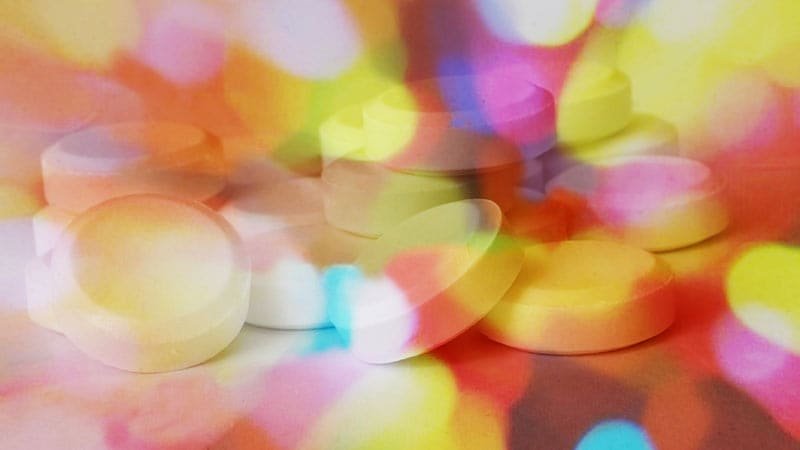MindMed, a U.S.-based pharmaceutical company, has initiated Phase 3 clinical trials for its LSD-based drug, MM120 (lysergide d-tartrate), targeting generalized anxiety disorder (GAD) and major depressive disorder (MDD). Following the FDA’s acceptance of LSD for clinical use, these trials are set to explore the efficacy of MM120 in both the United States and Europe.
The investigational drug, administered in a 100-microgram orally disintegrating tablet, has already received FDA Breakthrough Therapy designation based on positive results from a previous Phase 2B trial. In that study, a single dose led to a clinical response rate of 65% and a remission rate of 48% within 12 weeks among participants suffering from GAD. Dr. Daniel R. Karlin, psychiatrist and chief medical officer at MindMed, described the findings as unprecedented within the field of psychiatry, emphasizing that the drug’s effects can be observed as early as one day post-treatment.
The Phase 2B study involved 198 participants with GAD who were randomly assigned to receive either MM120 at varying doses (25, 50, 100, or 200 mcg) or a placebo. The primary outcome measured was the change in Hamilton Anxiety Rating Scale (HAM-A) scores. Both the 100 mcg and 200 mcg doses showed a statistically significant dose-response relationship, with the 100 mcg dose yielding a 65% response rate compared to 30.8% in the placebo group.
Secondary outcomes indicated meaningful improvements in depression scores using the Montgomery-Åsberg Depression Rating Scale (MADRS) and other measures, further supporting the drug’s potential. To validate these findings, MindMed is conducting three Phase 3 double-blind randomized trials: two focused on GAD (Voyage and Panorama) and one on MDD (Emerge). The trials aim to enroll approximately 450 participants across the U.S. and Europe, comparing the 100 mcg MM120 dose against placebo and a lower 50 mcg dose in the Panorama trial.
Early safety assessments indicate that MM120 does not increase suicidal ideation and leads to minimal side effects, primarily occurring on the treatment day. Common adverse effects include illusions (reported by 60% of participants) and nausea (40%). Other reported side effects include euphoric mood, headache, and visual disturbances, which, while consistent with typical LSD experiences, are classified as adverse effects in a therapeutic context.
Despite the promising results, several challenges lie ahead. The FDA previously rejected an application for another psychedelic therapy, citing issues with blinding in trials. MindMed has taken steps to mitigate this by incorporating a control arm in their studies, although some experts argue that true blinding is difficult due to the nature of psychedelic experiences.
Furthermore, MM120 is currently classified as a Schedule I substance under the Controlled Substances Act, meaning it is illegal to prescribe. If approved, MindMed will need to work with the Drug Enforcement Agency to reschedule LSD before any prescriptions can be issued.
Some experts advocate for the inclusion of psychotherapy alongside psychedelic treatments. Dr. Gabriella Gobbi from McGill University emphasizes that the therapeutic effects of psychedelics are influenced by psychological and social processes in addition to neurobiological factors. Support during treatment sessions is necessary, although the nature of that support remains debated. Dr. Rosenbaum suggests that while monitoring is important, traditional therapy may not be feasible during a psychedelic experience.
If successful, MM120 could become the first FDA-approved psychedelic drug for treating anxiety and depression, marking a significant step forward in psychiatric medicine.



